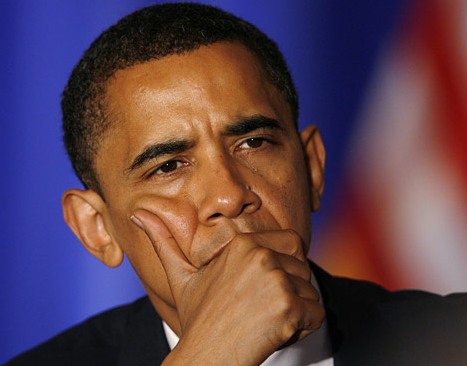
Much is being made these days of President Obama’s willingness to apologize. During his presidential campaign, he apologized to a reporter for calling her “Sweetie.” Recently he apologized for his insensitivity with regard to a joke he told on the Tonight Show about his bowling skills. Within the past couple of days, he has apologized on the world stage for America’s arrogance towards Europe the past few years.
When a leader apologizes, is that a show of strength or one of weakness?
Well, Obama has been taking some heat. Matt Lewis, in his blog Political Machine, writes “If the notion that a President of the United States can improve the image of his country by apologizing for a past President (as well as for his own nation’s past actions) angers you — it ought to.”
Lewis says “By breaking the tradition of not criticizing your own country abroad, Barack Obama has undermined this nation in an attempt to be popular with Europeans and the Muslim world — and to perceived as a ‘reasonable’ American.”
But Peter Bregman, in his blog How We Work, disagrees. “President Obama is being criticized by some for apologizing. Because, they say, apologizing will reduce America’s standing in the world. I couldn’t disagree more. The world needs less anger and more apologies. And President Obama is a great example, a role model, for how we can diffuse anger and repair relationships.
“Apologizing is a humane gesture, a way to treat others with respect. And, not for nothing, it might just keep us out of a fight.”
I line up squarely with Bregman on this one. No leader is perfect; we all make mistakes. Apologizing for mistakes is a sign of strength, which leads people to have greater confidence in their leaders. It’s a demonstration of candor and honesty and just simple humanity, and leaders should do it more often.
When you’ve done something you regret, and you stand up and apologize for it, people can forgive you (if they need to) and move on. Refusing to apologize is a demonstration of arrogance, and most folks don’t like to follow an arrogant leader.







